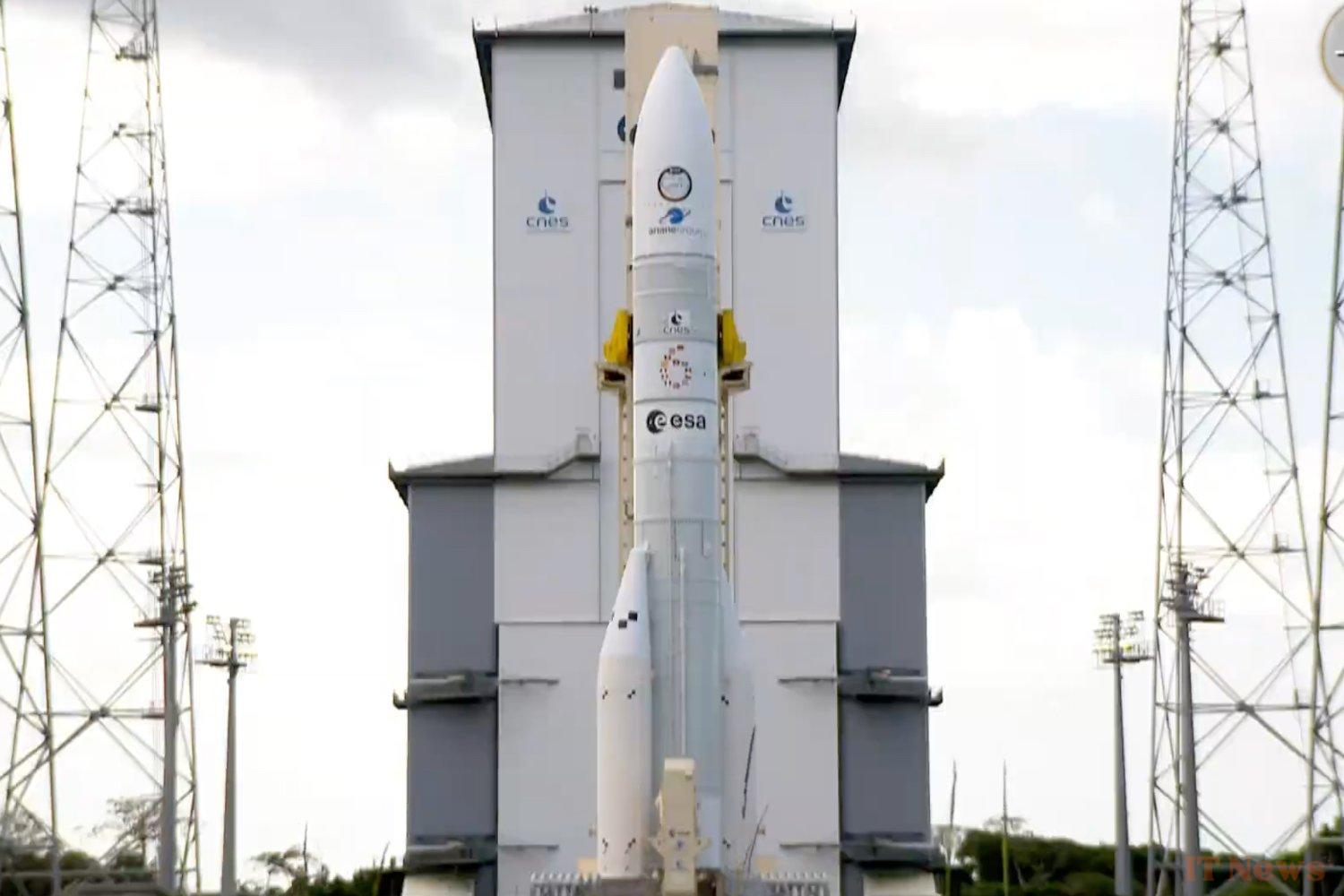Arianespace has just signed a second postponement in less than a week, for Ariane 6. After more than two months of postponement for the first commercial launch of its new generation of European rocket, the company had to face the fact that it would not be possible to launch Ariane 6 on Monday, March 3, despite a launch already postponed last Friday, February 28.
For the second time, the reason for the postponement does not concern the rocket itself, but ground equipment. Arianespace mentioned "ground anomaly" before specifying that a valve had proven to be dysfunctional. The pipe in question was used to refuel the launcher. "The launcher is fine, it is healthy, the satellite too", declared Arianespace boss David Cavaillolès, in a press conference on Monday evening at the Kourou base in French Guiana.
The postponement of the rocket launch was announced 30 minutes before the scheduled takeoff time. Obviously, postponements are not uncommon in the sector, and it is preferable to follow a zero-risk policy, a rocket like Ariane 6 supposed to be operational and ready to deliver many strategic payloads into orbit. On board the first commercial launch, the launcher will carry CSO-3, the third spy satellite of the French Armament Agency (DGA).
During the previous postponement, last week, Arianespace already mentioned a problem on the ground, which had led the teams present on the Kourou site to to carry out "additional necessary operations".
Why 4 years behind on Ariane 6?
Designed to succeed Ariane 5, the Ariane 6 launcher was developed by the European Space Agency (ESA) and ArianeGroup, to ensure Europe's independence in space launches. In addition to an Ariane 62 version with two lateral boosters (P120C), the rocket is available in an Ariane 64 configuration with 4 boosters, for heavier launches and beyond low orbit. This version has not yet been tested, but a first launch is planned for this year.
Before its inauguration on July 9, 2024, the rocket was already four years behind schedule. In 2014, ESA planned to make its first flight in 2020. In 2019, the launch was postponed to 2021, due to the complexity of developing the Vinci engine and the infrastructure at the Guiana Space Center. With the health crisis, the slowdown in production and testing once again pushed Ariane 6 back to 2022, before problems with the upper stage compromised the 2023 objective.
From 2023 to 2024, the delays caused were justified by problems with the electrical part of certain equipment, as well as by anomalies in the piping and the pressurization system.



0 Comments